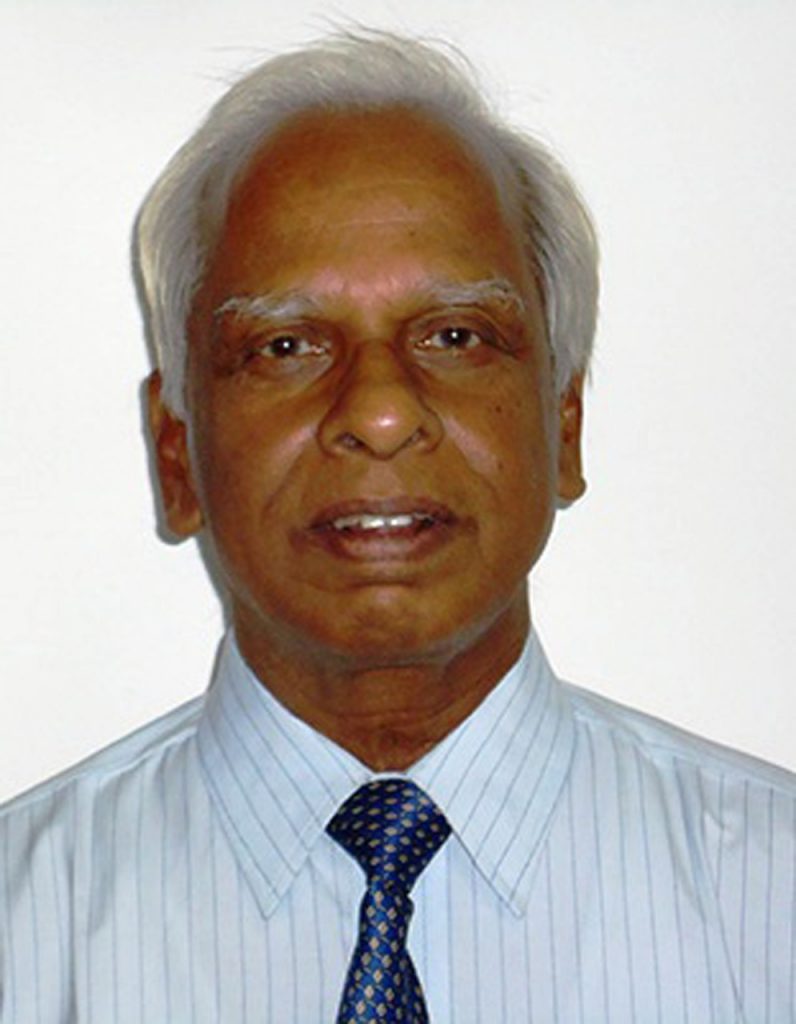Said my friend, over a cup of tea at the venue of the 1st World Odia Language Conference held at Bhubaneswar from February 2 to 5, 2004. The Government of Odisha had organized this grand event. To the best of my knowledge, nowhere in the country has such a big event dedicated to language been held. He had attended some sessions on language, but it was not there that he got this idea. An ELT (English Language Teaching) specialist and very knowledgeable about language-related issues, he has his own views on the subject. He told me that there is a lot of ad hocism in language teaching in Odisha. What is needed is a well-thought-out language policy, especially a language education policy, for Odisha.
He also said that whereas the Conference successfully showcased Odisha, it did not really focus on Odia language issues, which he did not expect, since the Conference was formally called “Odia Language Conference”. It did not discuss matters that for quite some time have been agitating the minds of some thinkers, linguists, and language activists of Odisha, such as, to mention some, (a) too much mixing of words from English and Hindi in spoken Odia and informal written Odia, (b) poor spelling, (c) parents encouraging their children to use English and Hindi at home, (d) lack of knowledge-based literature on various subjects for general readership, (e) dependence on English, as a consequence, for information and knowledge on many issues of great relevance, (f) poor Odia language competence of many school children, (g) lack of encouragement for reading knowledge-based writing in Odia, and (h) the apprehension that the future of Odia is not encouraging. He added something which he considers very important but which is not yet a matter of general concern: poor web content in the Odia language.
I told him more in zest than in earnest that the idea of a language policy is fine with me so long as it doesn’t tell me in which language I must greet my friends and have a time-pass chat with them, how much I can mix and from which language or languages when I speak, even in formal situations, which language newspaper and news magazines I must subscribe to and the like. Not that I know of language policies anywhere which contain directives in this regard. But in principle, there is nothing that prevents a policy from including such directives. It all depends on those who have power. We had a hearty laugh.
Then he asked me what I think of parents of well-to-do families in Bhubaneswar and some other big cities in Odisha, asking their children to address them as “daddy” and “mummy” and to speak in English at home. As for daddy and mummy, these terms of address and reference, as many, including linguist and author Debasish Mohapatra, have told me, have become quite popular all over the state and are not restricted to the economically comfortable families. Linguist Govinda Penthoi thinks that it may not take long for words like “bapa”, “baba”, “nana” (words for father), “maa”, “bou” (words for mother) and other Odia kinship terms to belong to the category of seriously endangered words.
I told my friend that I certainly do not approve of this because this is an absolutely unnecessary avoidance of our cultural terms. As for speaking in English at home, beyond “daddy” and “mummy”, I said that the reason could be that parents want to give their children some more practice in the use of English than what they get at school, but what they do not seem to appreciate is that there is hardly any gain in this. The child learns just a few kinship terms at most. The loss is substantial; it distances the child from his (her/their) culture. Besides, it’s not the degree of exposure to English that would matter; it is the quality of exposure that would. It can hardly be said with confidence that the quality of English the child is exposed to at home is good (i.e., correct pronunciation, grammatically correct language, use of simple and appropriate words, avoidance of high-sounding expressions, etc.) or even satisfactory. The situation is hardly much better in many English medium schools.
Now, the question, I told my friend, is not what he thinks or I think of this attitude of the parents and the school authorities to English; it’s whether either of us has a right to tell the parents what they should do. “Do we really have a good response,” I said, “if they tell us they know what is good for their children and advise us not to pretend we know better?” which is a semi-polite way of asking us to get lost.
By the way, sometimes the English-medium schools go too far to create an English language environment for the learners. Dr. Penthoi says his son, a student of a “convent” school, was once fined ten rupees because he was found speaking to his classmate in Odia. In another school, in a big city, a teacher, he said, was fined five hundred rupees when she was found speaking to her students in Odia and that too, outside the classroom. The emphasis is put on the degree of exposure to English, not on the quality of English. Good exposure to poor English can be harmful because the learner would learn bad English well. Now, it is good to remember that our education system does not have the facility for remediation.
Punishing a child for using his (her/their) mother language at school must be strongly condemned since it gives the child the impression that English is a superior language and his own is an inferior language. English is not superior to any language, nor is it inferior to any. Not just for English, this is true for any language. Such an attitude to English and to one’s mother language can be socially bad because those who know English would tend to have a negative view of those who do not.
Once the principal (not “headmaster”, an instance of the politics of administrative terminology; there are headmasters in Odia medium schools, not in English-medium schools, where there are “principals”) of an English-medium school told me that strict non-use of the mother language at school is not a voluntary decision of the school teachers. She said she was only doing what the parents wanted them to do. She had to do it. It was a “private” school, as are almost all English-medium schools in Odisha. My friend said he too had similar experience and that the problem was real. This matter needed to be publicly raised and discussed. He thought the World Odia Language Conference was the right place for this. But that did not happen.
One might think that the parents need counseling and more importantly, cajoling. They weren’t there in the Conference. As for telling them that influential research in language pedagogy shows that the child learns the concepts much better if taught in his mother language than in a foreign or even the second language and that mother language is not a hindrance for learning a foreign language but is a facilitator instead, etc., it is absolutely pointless. Parents are not going to be bothered in the least about research findings. As my friend said, research findings are of interest to the relevant research community, unless it deals with matters such as whether coffee and tea are good for the mind, if not the body, for instance. They are concerned with the economic opportunities for their children. No one can find fault with that. But then, where does it leave our language?
“I have an alternative,” I told my friend. But it was getting late. So we decided to meet at the Conference the following afternoon and resume our discussion.
(The views expressed are the writer’s own)

Prof. B.N.Patnaik
Retd. Professor of Linguistics and English, IIT Kanpur
Email: bn.patnaik@gmail.com
(Images from the net)

